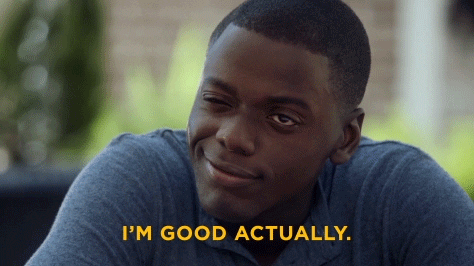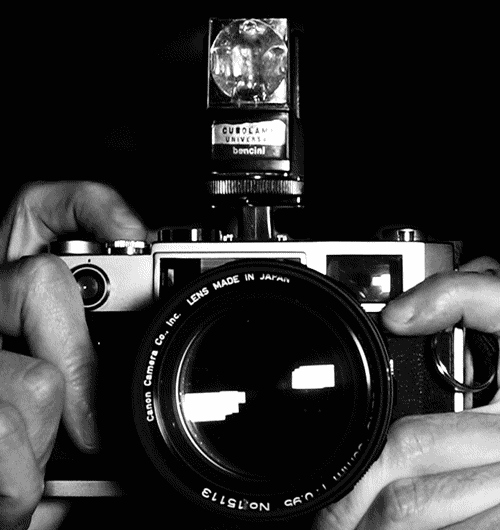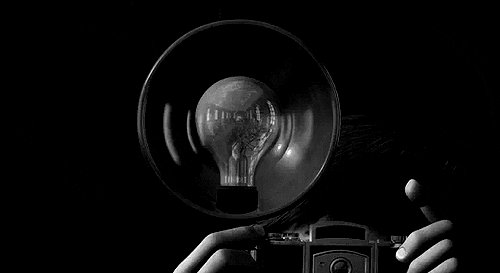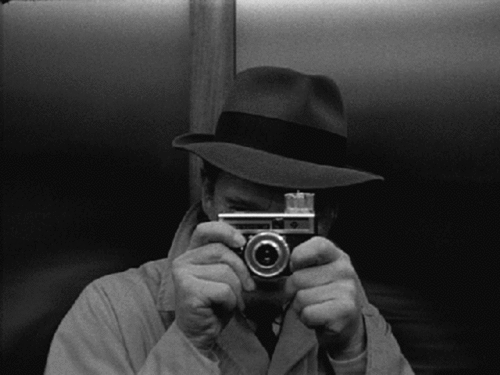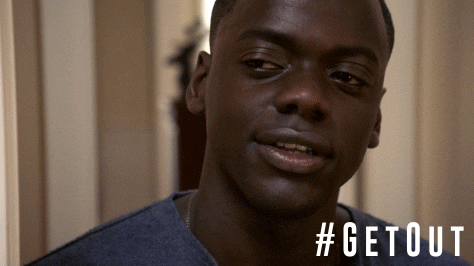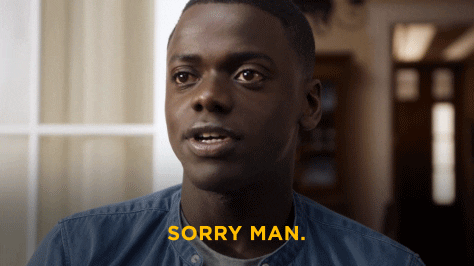- 18,115
- 11,769
- Joined
- Jan 11, 2013
Feel like we're conditioned to hate or downplay what is ours.
this
this is what i was trying to get at in the monique thread about dudes jokin on other black comedians in relation to monique
and the difficulty that black owned businesses face
like we dont all rise unless we bring "the bottom" up




